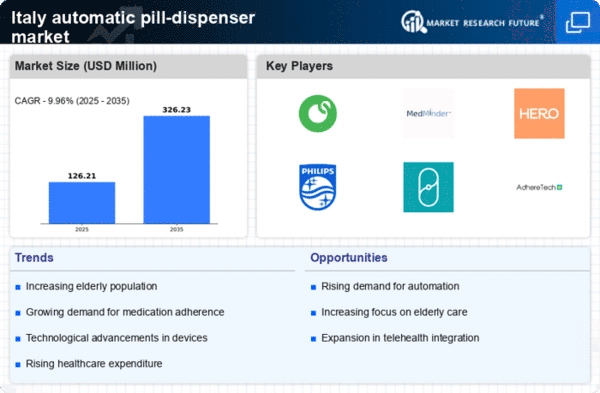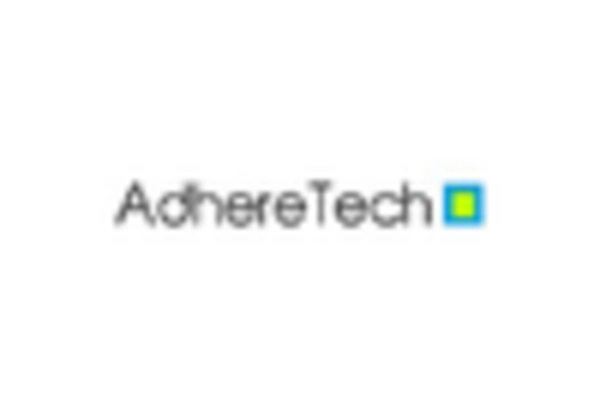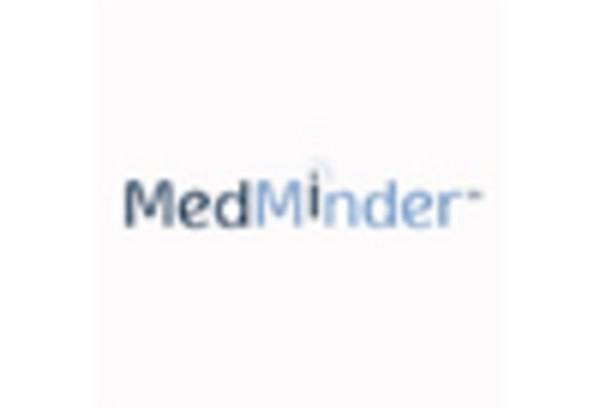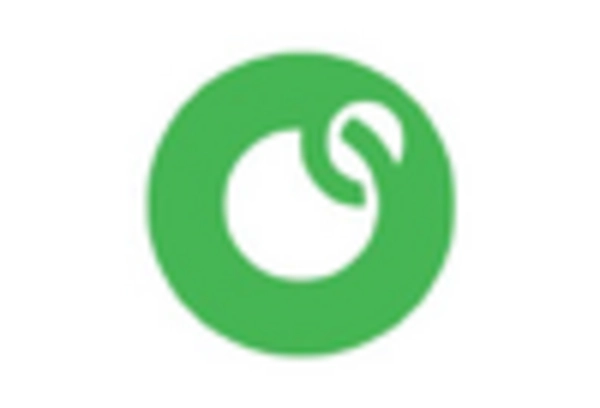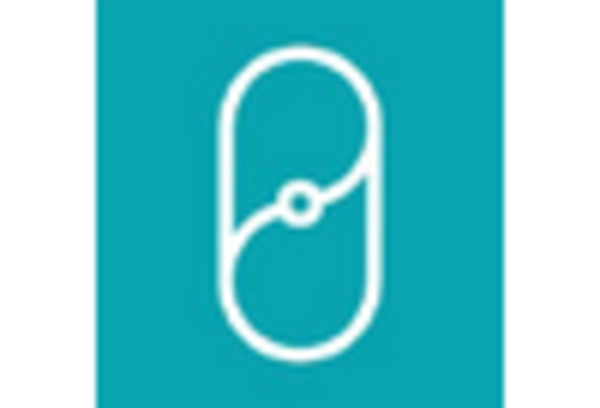Supportive Regulatory Environment
The regulatory environment in Italy is becoming increasingly supportive of innovations in healthcare technology, including automatic pill dispensers. Regulatory bodies are streamlining approval processes for medical devices, which may encourage manufacturers to invest in the development of advanced dispensing solutions. This supportive stance is likely to foster innovation within the automatic pill-dispenser market, as companies seek to bring new products to market more efficiently. As regulations evolve to accommodate technological advancements, the market may experience accelerated growth, driven by a wider array of available products that meet the needs of patients and healthcare providers.
Aging Population and Chronic Diseases
The aging population in Italy is a crucial driver for the automatic pill-dispenser market. As the demographic shifts towards an older age group, the prevalence of chronic diseases such as diabetes and hypertension increases. This demographic trend indicates a growing need for medication management solutions. In 2025, approximately 23% of the Italian population is projected to be over 65 years old, which correlates with a heightened demand for automatic pill dispensers. These devices assist in ensuring adherence to complex medication regimens, thereby improving health outcomes. The automatic pill-dispenser market is likely to benefit from this trend, as healthcare providers seek efficient ways to manage the medication needs of elderly patients.
Technological Advancements in Healthcare
Technological advancements play a pivotal role in shaping the automatic pill-dispenser market. Innovations such as smart dispensers equipped with connectivity features allow for real-time monitoring and alerts for caregivers and patients. In Italy, the integration of IoT (Internet of Things) in healthcare is gaining traction, with an estimated growth rate of 15% in connected health devices by 2026. This trend suggests that the automatic pill-dispenser market will experience increased adoption as healthcare systems embrace technology to enhance patient care. Furthermore, advancements in user interface design make these devices more accessible, potentially expanding their market reach.
Increased Awareness of Medication Adherence
There is a growing awareness of the importance of medication adherence among patients and healthcare providers in Italy. Studies indicate that non-adherence can lead to worsening health conditions and increased healthcare costs. The automatic pill-dispenser market is positioned to capitalize on this awareness, as these devices provide reminders and facilitate proper medication intake. Educational campaigns and initiatives by healthcare organizations are likely to further promote the use of automatic pill dispensers, thereby enhancing their market penetration. This trend suggests a potential increase in demand as patients become more proactive in managing their health.
Rising Healthcare Costs and Efficiency Needs
The rising costs of healthcare in Italy are driving the demand for more efficient medication management solutions, including automatic pill dispensers. With healthcare expenditures reaching €200 billion in 2025, there is a pressing need for systems that can reduce costs while improving patient outcomes. Automatic pill dispensers can minimize medication errors and reduce hospital readmission rates, which are significant contributors to healthcare expenses. The automatic pill-dispenser market is likely to see growth as healthcare providers and patients alike seek cost-effective solutions that enhance medication adherence and overall health management.


